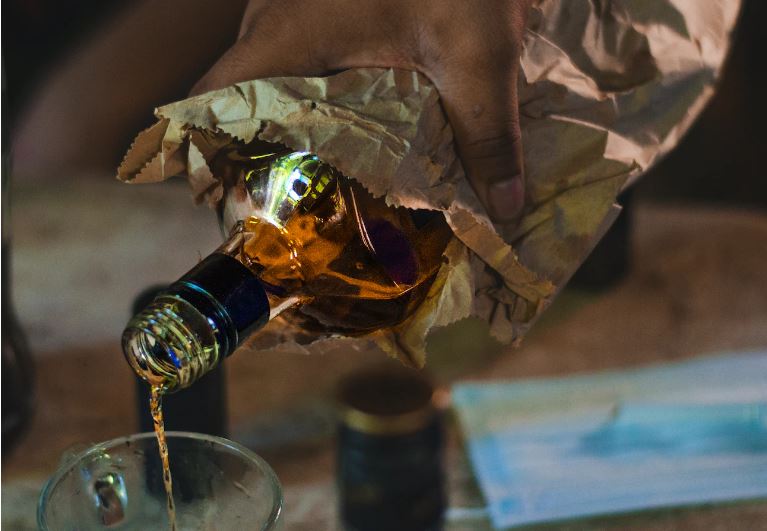10 Signs of Substance Abuse or Addiction
Some people are better at hiding their problems than others. When it comes to substance abuse or addiction, individual appearances and behaviors can vary greatly. That makes it challenging to spot if a loved one has an addiction problem that they need help with.
There are some excellent drug rehab options available when someone needs professional help. In order to get to that point it can be helpful to know what signs of addiction or drug abuse to look out for so that you can identify when a loved one has a problem.
There are certain physical and behavioral signs that are often hard to conceal when someone is abusing drugs or alcohol. Here are some pointers.
Look at what the eyes are telling you
Small physical changes in someone’s appearance are a classic signpost for something going on behind the facade.
A good example of this would be red or bloodshot eyes. Combined with dilated or pinpoint pupils, this can often be a telltale sign of drug abuse.
Has their skin color or complexion changed?
Substance abuse can often prove influential in making subtle but noticeable changes to someone’s skin color and complexion.
Looking more pallid than usual or demonstrating an abnormal level of puffiness is also another reliable indicator of ongoing alcohol or drug abuse.
Persistent itching
If you notice a loved one seems to be suffering from persistent itching in specific areas of their body that could be a sign of substance abuse.
Covering up their arms
It is hard to hide needle marks in the arm. That’s why you might notice someone impulsively covering up and tugging on their sleeves.
Has their speech altered?
Substance abuse can often lead to slurred speech. Keep an eye out if this becomes a regular feature.
Is their sniffling more than just a cold?
Frequent sniffling can’t be dismissed as a cold if it persists for longer than expected. This might not be a definitive sign of substance abuse, but this physical trait is worth monitoring.
A noticeable change in appetite
A person who is abusing substances can often drastically reduce their food intake and eating habits. A large number of drugs tend to suppress appetite.
A clearly visible change in weight always merits further investigation.
Have their personal grooming standards taken a dip?
Abusing substances tends to involve a lack of focus on other aspects of a person’s daily life. This can often lead to a drop in personal grooming standards.
If this happens without explanation it should be considered as a potential sign.
Don’t ignore the more obvious clues
If you see things like cigarette wrapping papers, cut-up straws, and other paraphernalia like razor blades and burnt spoons, these physical signs can’t be ignored.
Not all drugs require anything to be able to use them, but when you see these visual clues it’s time to act.
More eyewash than usual in the bathroom
If someone is trying to conceal any physical signs of their habit, they might try using a lot of eyewash in order to treat their bloodshot eyes.
An abnormal amount of eyewash could be a clue that someone might have an addiction problem.
If you see any of these potential signs of substance abuse, you might be right to worry whether a loved one has an addiction problem they could need help with.





Pingback: A Comprehensive Guide to Financing Rehab and Managing Life’s Essentials - Night Helper